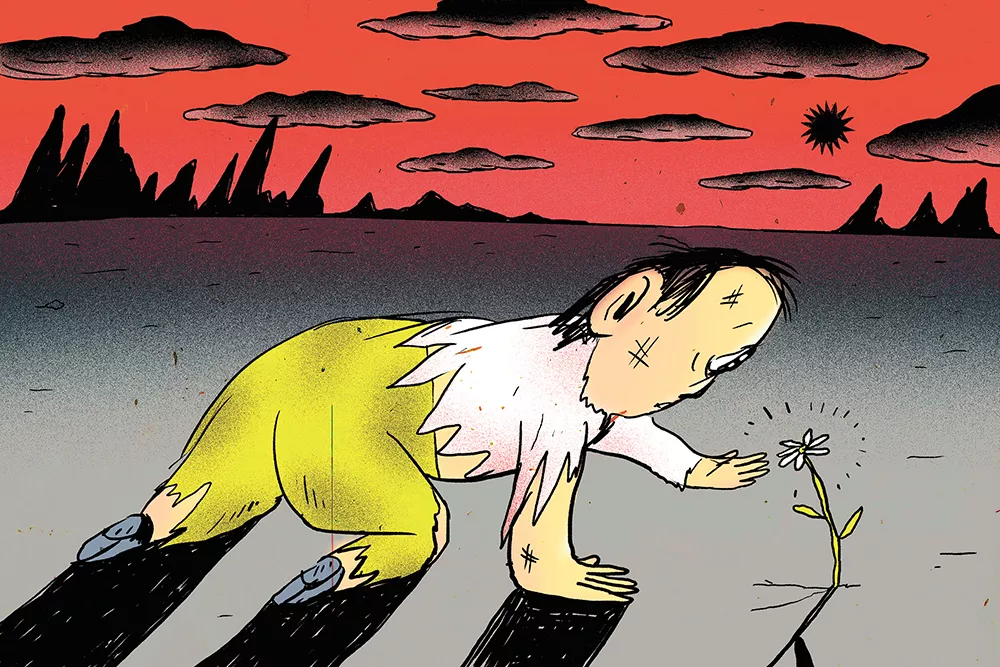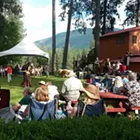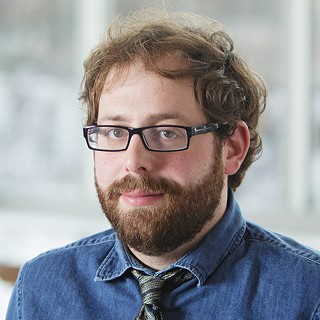Our politics, on both the right and the left, have become darker, more cynical, and more about what we hate than what we hope for. We've come to mistake cynicism for intellect, overt darkness for depth.
It's a phenomenon that's hardly limited to politics. Our movies, books and art all increasingly celebrate darker visions of reality. We live in the age of antiheroes, bleak canvases and tragic endings. We canonize the dreary and idolize the pessimists. It's just all so damn depressing.
Look, I get it. There's plenty to be depressed about. We live on a planet that we're literally burning up. In the streets of Charlottesville, Virginia, we see good people assaulted, and in one instance killed, by white supremacists driven by our species' darkest demons. And nuclear destruction seems more plausible than it has in decades.
So things are bad.
But bad times were made for heroes. In fact, they demand them. What our world needs, in both our culture and our politics, is a new imagining of what's possible.
We need movies like The Martian that imagine our potential, ingenuity and ability to survive. We need art like the "Infinity Mirrors" (a show on display at the Seattle Art Museum right now) that, through brilliant colors, celebrates and wonders about our place in this universe. And we need events like the Women's March, where new leaders stand up and people come together to not just protest, but build joyful community filled with possibility for the future.
The reality is that pessimism is no more inherently sophisticated or realistic than optimism. Hope alone, of course, won't produce victories, but without a belief in the possibility of a better world, how will we know what to aim for?
And right now, we must aim high. We can't allow setbacks to cause us to set lower expectations. That said, prolonged hope — the kind we need right now — will require pragmatic idealism: The realization that progress rarely, if ever, happens in one fell swoop, but instead in a series of more minor victories, often reached through compromise, that add up over time.
Being hopeful, after all, doesn't mean we can't also recognize that it's not going to be an easy journey. While injustice can strike repeatedly and randomly, like lightning from a storm, justice requires a never-ending marathon to be achieved and maintained, regardless of the weather.
But beyond the metaphors, the mixed metaphors and pop-cultural shout-outs, what am I actually suggesting that we do?
Here are three concrete things: First, believe that progress is still possible, and that we can find ways to come together to improve this world and solve our greatest challenges. Second, act on that belief through art, activism and just plain conversation. Third, talk to people — and not just those who already agree with you. Share your vision, but also listen to theirs. Find common ground and move forward together, step by step. Not everyone will join us on this journey, but if history is any guide, enough of us will.
Ultimately, I believe hope is an essential resource in reaching a better future, and one we have the power to produce more of. So be joyful, be hopeful, and in the words of Winston Churchill, "Never, ever ever ever ever give up." ♦
John T. Reuter, a former Sandpoint City Councilman, has been active in protecting the environment, expanding LGBT rights and Idaho's GOP politics.


















